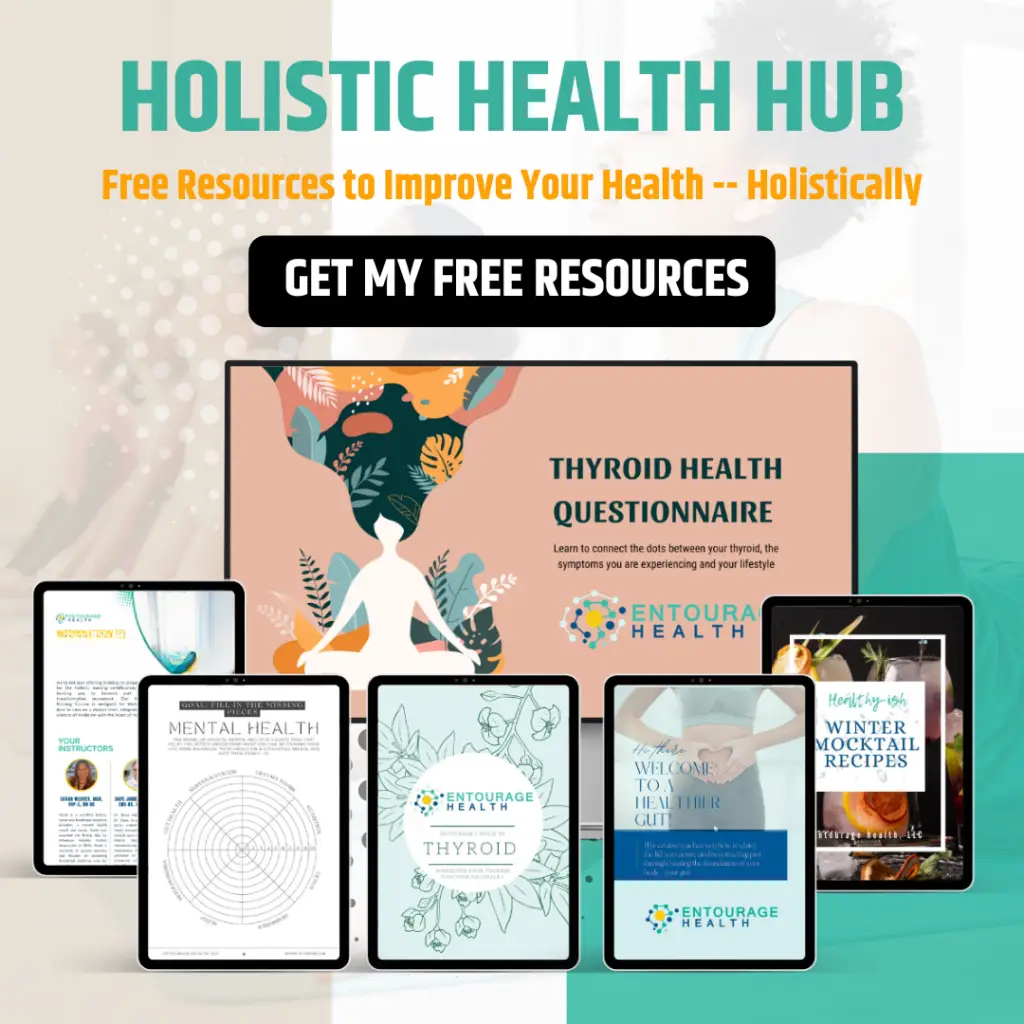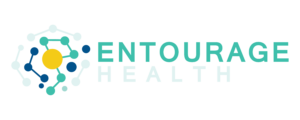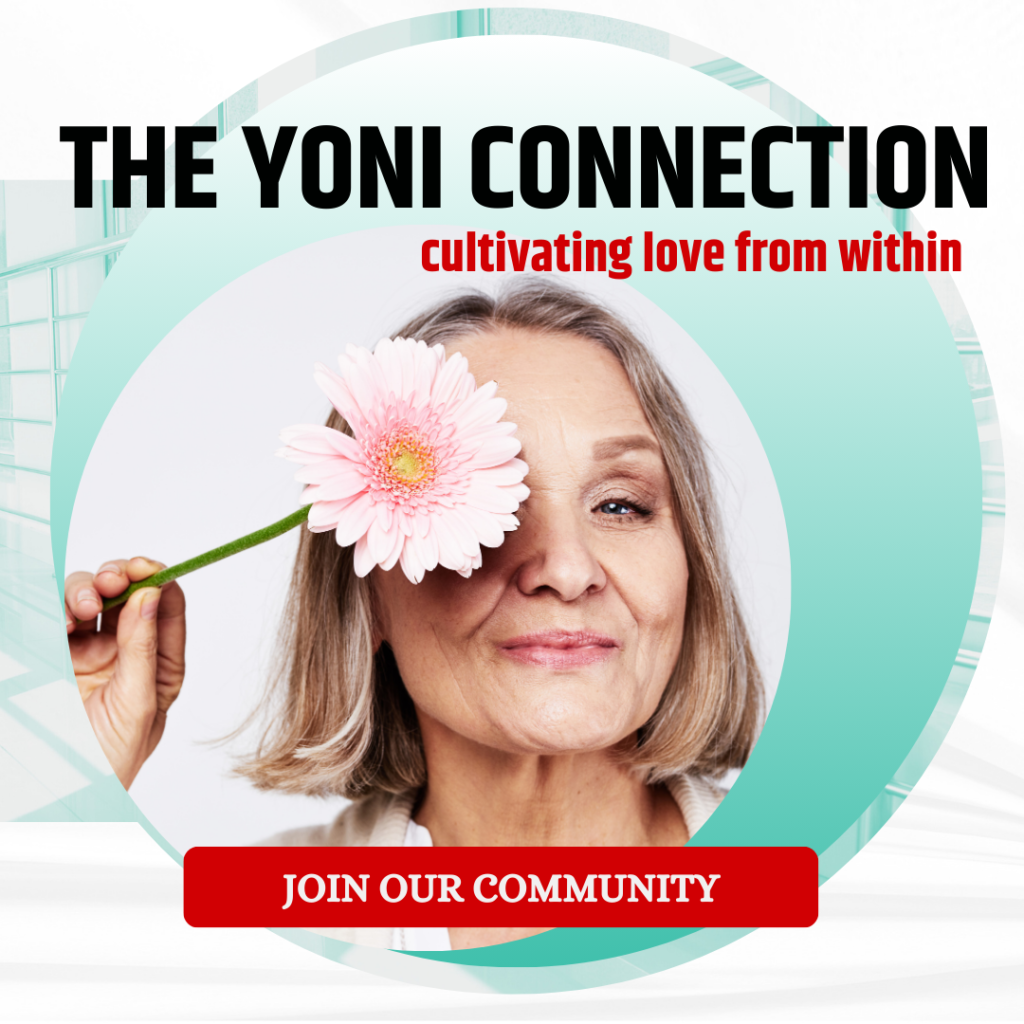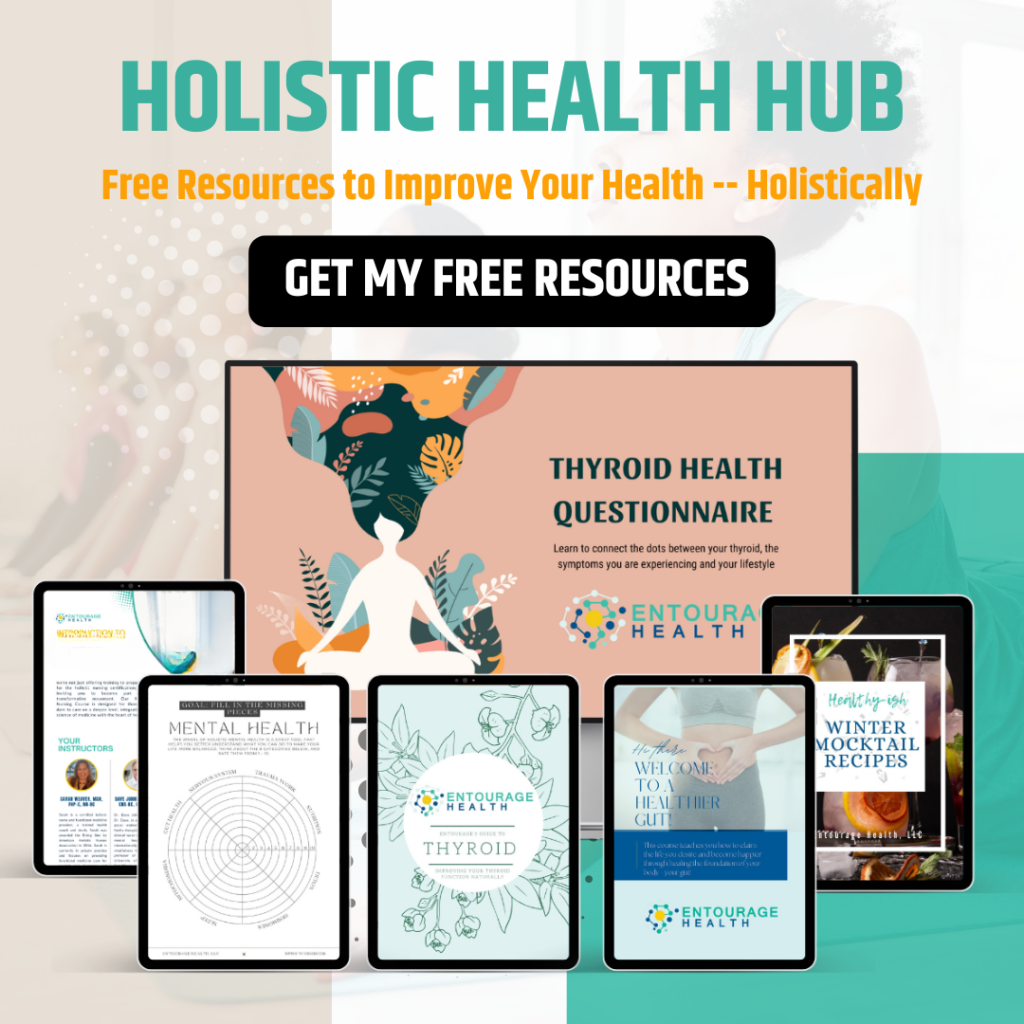In today’s fast-paced world, staying in tune with our bodies is more important than ever. Yet, many of us experience a disconnect, a phenomenon known as low body awareness. This state not only influences our physical health but also our emotional and psychological well-being.
So, what exactly does having low body awareness look like, and how can it affect us? It’s often characterized by a limited understanding or recognition of the body’s cues, signals, and needs. From ignoring hunger signs to struggling with recognizing the physical manifestations of stress and anxiety, low body awareness can substantially influence one’s quality of life.
The Consequences of Ignoring Our Body’s Cues
One of the most direct impacts of low body awareness is on our eating habits. Individuals may find themselves eating without feeling hungry or, conversely, ignoring hunger cues until they’re ravenous. This disconnection can lead to an imbalance in eating behaviors, contributing to weight management issues and, over time, increasing the risk of obesity.
Beyond eating, low body awareness can make it challenging to manage and cope with stress and anxiety. The body often sends early warning signals of stress, such as tensed muscles, shallow breathing, or an increased heartbeat. However, without a keen sense of body awareness, these signals might go unnoticed and unaddressed, allowing stress and anxiety to build and potentially escalate into more significant health concerns.
Bridging the Gap with Increased Body Awareness
The good news is that enhancing body awareness offers a viable pathway to bridging this gap between mind and body. By developing a more profound awareness of their bodily sensations, individuals can better recognize and respond to their body’s needs, whether that’s hunger, the need for movement, rest, or relaxation.
This journey towards increased body awareness can lead to healthier eating habits by enabling individuals to listen more closely to their body’s true hunger and fullness signals. Moreover, it can empower them to identify stress and anxiety symptoms early on and implement coping strategies, such as deep breathing or physical activity, to manage these feelings effectively.
In essence, cultivating body awareness is an investment in one’s overall health and well-being. It’s about creating a compassionate and attentive relationship with one’s body, recognizing its signs and signals, and responding with care and intention.
As we navigate through our daily lives, taking moments to pause, listen, and tune in to our bodies can make a world of difference. It’s a journey worth taking, offering not just a path to better physical health, but a deeper connection with ourselves in this ever-busy world.
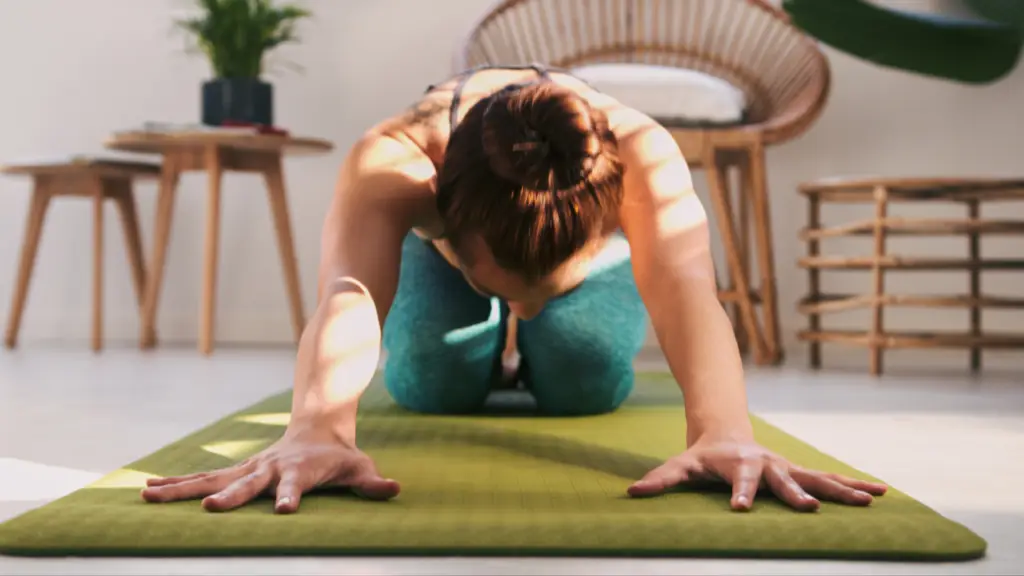
Creating more awareness in your body, or body awareness, refers to the ability to understand, feel, and listen to the signals your body sends you. Enhancing body awareness can improve your posture, reduce stress, and increase your overall physical and mental well-being. Here are some tips to help you create more awareness in your body:
1. Mindful Meditation
- Practice Mindfulness: Engage in daily meditation focusing on the sensations within your body. Take note of how different parts of your body feel without judgment.
- Body Scan Meditation: Systematically focus on each part of your body, from head to toe, paying attention to any sensations or feelings, without trying to change them.
2. Movement Exercises
- Yoga: Regular yoga practice is excellent for understanding your body’s flexibility, strengths, and limitations.
- Tai Chi or Qigong: Slow, intentional movements combined with deep breathing can develop a strong sense of body awareness.
3. Conscious Breathing
- Deep Breathing: Spend a few minutes each day taking deep, slow breaths, focusing on the rise and fall of your abdomen.
- Diaphragmatic Breathing: Learn to breathe from your diaphragm, observing how your body feels during the inhalation and exhalation.
4. Pay Attention to Posture
- Check in Regularly: Set periodic reminders to check your posture throughout the day, whether you’re sitting, standing, or moving.
- Alignment Practices: Be aware of the alignment of your body. Make small adjustments to ensure your head, shoulders, hips, and feet are properly aligned.
5. Sensory Experiences
- Touch: Pay attention to the sense of touch, like the feeling of clothing on your skin, or textures you come into contact with.
- Temperature Sensing: Notice how different temperatures feel on your skin, which can bring a greater awareness to the entire body.
6. Physical Activities
- Try New Exercises: Engage in new forms of exercise to become more aware of different muscles and sensations in your body.
- Balance Training: Include balance exercises, which can greatly improve your sense of your body’s position and movements.
7. Mindful Eating
- Eat Slowly: Chew thoroughly and appreciate the textures and flavors of your food. Notice how different foods make your body feel.
- Listen to Hunger Cues: Pay attention to hunger and fullness signals that your body sends you.
8. Rest and Sleep
- Quality Sleep: Ensure you’re getting adequate rest. Sleep helps you to be more attuned to your body’s needs.
- Body Awareness Before Sleep: Do a quick body scan before bed to release any tension held in the body.
9. Journaling
- Reflect Daily: Keep a body awareness journal to note down observations about how your body felt in response to various activities or experiences throughout the day.
10. Professional Guidance
- Physical Therapy: A physical therapist can help you understand and work on areas of your body that may need more awareness and strengthening.
- Bodywork Therapies: Activities such as massage, chiropractic, and acupuncture can increase body awareness by drawing attention to areas of strain or discomfort.
Creating more awareness in your body is a continuous process. It’s about listening to your body, respecting its signals, and responding appropriately to maintain balance and health. Regular practice of these tips can greatly enhance your connection with your body.
